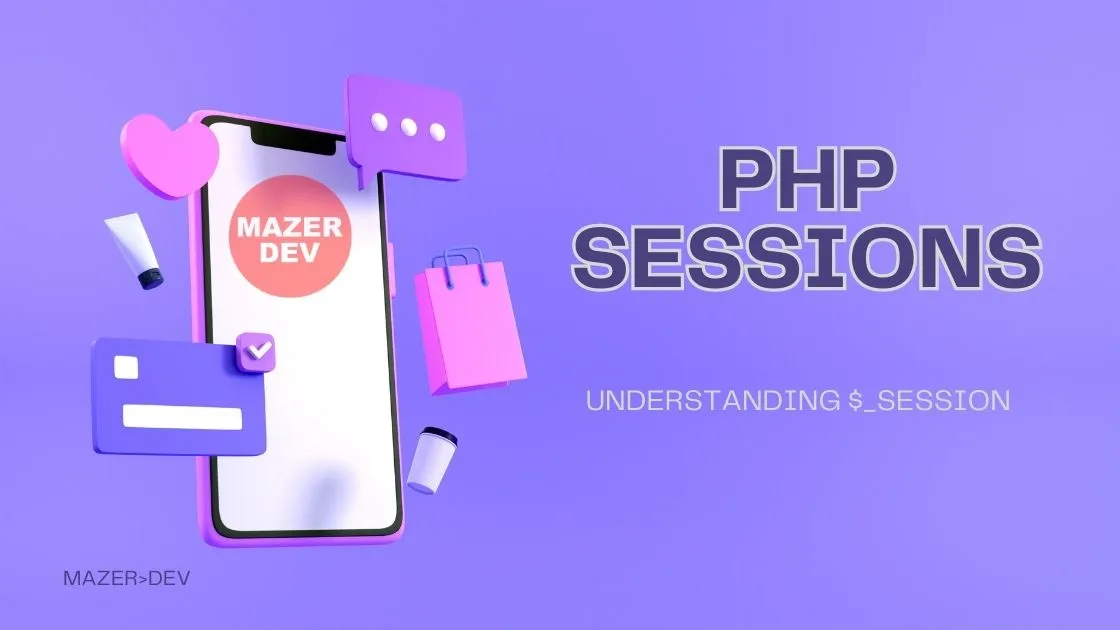PHP Introduction
Welcome to the intriguing world of PHP, an open-source server-side scripting language that serves as the backbone of web development for many developers. With the ability to create everything from simple scripts to complex Web Softwares, PHP’s versatility is one of its many strengths.
Understanding PHP
If you’ve ever dabbled in web development, the chances are that you’ve encountered PHP, an open-source, general-purpose scripting language particularly tailored for web development, and is widely used by developers around the globe.
At the heart of PHP is its simplicity.
PHP originally stood for Personal Homepage but has evolved into a recursive acronym for ‘PHP: Hypertext Preprocessor’. The recursive nature of the acronym is in the fact that the first word itself is an abbreviation, thereby deviating from the traditional abbreviation conventions. PHP has witnessed significant evolution since its inception around 30 years ago, with its latest major version, PHP 8, released in November 2020, while PHP 7 continues to be popular.
PHP is powered by the Zend engine, the most widely used implementation, although other implementations such as Parrot, HPVM (Hip Hop Virtual Machine), and Hip Hop (created by Facebook) also exist. PHP’s primary application is in creating web servers, although it’s perfectly capable of running in the command line. So whether you prefer browser-based output or terminal display, PHP caters to both preferences.
The PHP Advantage: Why Choose PHP?
The popularity of PHP is attributable to several key advantages that set it apart:
- Cross-Platform: PHP transcends platform limitations. Be it Mac, Windows, or Linux, PHP runs smoothly across all platforms.
- Open Source: PHP’s open-source nature means the original code is freely available to everyone for further development. This feature contributes significantly to the popularity of PHP frameworks, like Laravel.
- Ease of Learning: PHP is beginner-friendly, and those with prior programming knowledge can quickly master it.
- Database Compatibility: PHP can effortlessly connect to all relational and non-relational databases, such as
MySQL, PostgreSQL, Oracle, Sybasem SQLite, MongoDB, Redis, etc. - Supportive Community: A robust and supportive online community backs PHP, with extensive official documentation and easy access to problem-solving guides.
Read this article that talks about: “Why to chosse PHP as your main programming language”
PHP in the Real World: Who Uses PHP?
Many well-established companies and tech giants leverage PHP to power their servers:
- Facebook: PHP is behind Facebook’s vast site. Facebook has also made significant contributions to the PHP community, creating the Hip Hop for PHP implementation.
- Wikipedia: This colossal information source is built using PHP.
- CMS Platforms: Many popular content management systems, including WordPress, Drupal, Joomla, and Magento, are PHP-powered. Even Shopify utilizes PHP.
- Web Hosting Platforms: Numerous web hosting platforms, including BlueHost, SiteGround, Hostgator, Kinsta,
Whogohost and many others, rely on PHP for their servers.
Host on one of the servers listed below using the website link to receive special discounts and benefits:
Is PHP Dying? The Truth About PHP’s Future
In recent years, a debate has emerged regarding the future of PHP, largely due to the growing popularity of other server-side languages such as JavaScript (Node JS), Python, and Golang. However, despite these perceived threats, PHP remains as potent as ever, powering servers of nearly 80% of all websites today.
When it comes to job availability, PHP outperforms many other programming languages on job platforms like Indeed. PHP developers earn a handsome income from creating WordPress themes and plugins. The average annual salary for a PHP developer in the US is around $100,00/year according Glassdoor.
Learning PHP
At its core, PHP is a robust, flexible, and highly capable language that has proven its mettle in the realm of web development for over two decades. Its ease of learning, combined with advanced functionalities, makes it a choice language for beginners and seasoned professionals alike. The continued usage of PHP by tech giants, the growth of its open-source community, and the job prospects it presents are testimony to its relevance and potential in today’s digital era.
If you’re pondering about stepping into the world of server-side programming or planning to expand your development skills, PHP is undoubtedly a great way to start. Its ability to integrate with various databases, generate dynamic content, and the freedom it provides in terms of operating systems and servers, make it an invaluable tool in any developer’s arsenal.
